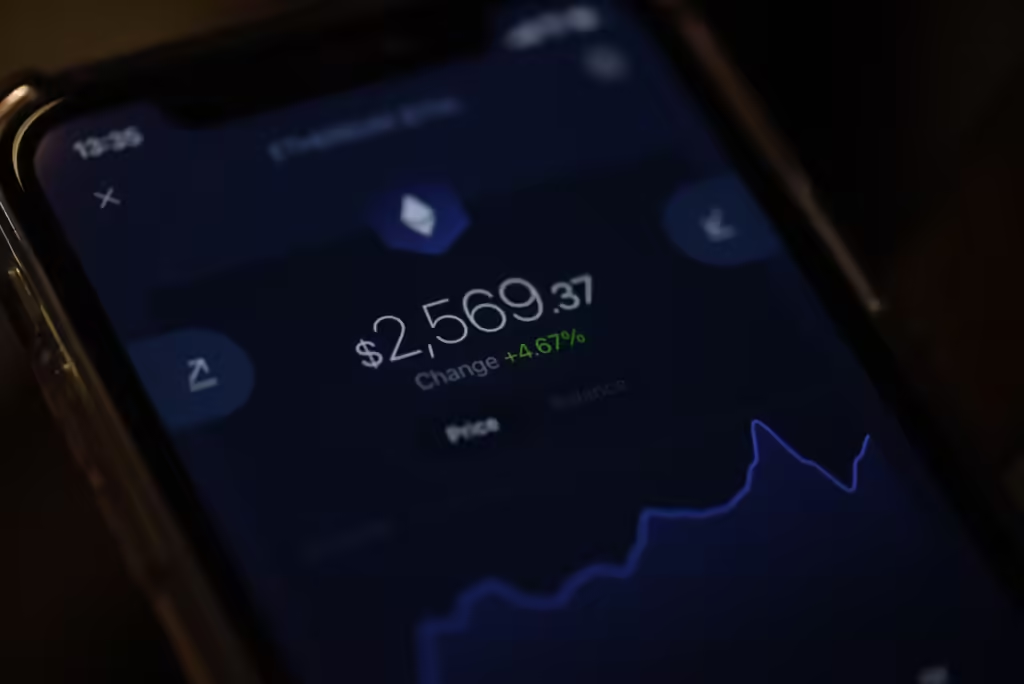There are a lot of things you need to know about the prediction markets to succeed in the crypto space, as it is not all about betting. Prediction markets are interesting financial platforms where forecasts of future occurrences are produced and sold. These markets take a novel approach to forecasting, combining finance, probability, and crowd knowledge to anticipate anything from election results to corporate earnings.
What are prediction markets?
In a prediction market, people exchange contracts that pay based on the outcomes of unknown future events. Market prices resulting from these contracts might be interpreted as collective prediction among market players. Other names include concept futures and event derivatives.
Experts view early prediction markets as structured gambling marketplaces that developed into their current form. They are amid the betting and financial markets. Unlike the latter, they focus on actual occurrences and do not consider the activity’s long-term repercussions, such as risk management or asset pooling. Prediction markets vary from betting in that they can provide useful data that can subsequently be utilized to guide policy and commercial choices.
This knowledge has been labeled the “wisdom of crowds” idea, which states that a group of individuals with enough various views, perspectives, and backgrounds is smarter than an individual. The crowd is not literal, as it is subject to peer pressure and prejudices.
Benefits of prediction markets
- Prediction markets consistently exceed traditional forecasting methods, demonstrating their accuracy.
- Prediction markets efficiently incorporate new information into pricing by motivating traders based on their knowledge and views.
- Decentralized prediction markets use blockchain technology to provide transaction transparency and immutability.
- Participants their expertise and insights to benefit from correct forecasts.
- Prediction markets enable people and businesses to manage risks by taking bets on various outcomes.
Prediction markets can be centralized or decentralized
Most prediction markets operate inside the traditional finance and web2 frameworks. Many centralized prediction markets are regulated by government agencies such as the SEC. These centralized markets have various issues that affect their predictive ability.
The most significant issue with these centralized markets is that there are strict restrictions on how much any individual may gamble. This restricts the predictive potential of prediction markets because, even if a person has strong confidence about a result and the resources to back it up, they are limited. This is especially true when someone feels that the possibility of an occurrence is significantly overpriced. They and other like-minded individuals will be unable to profit from market mispricing, and the prediction market will severely distort probability.
Legacy prediction markets need KYC for its consumers, which excludes many individuals. A smaller, narrower pool of people is likely to bias the market’s predictive potential. Finally, prediction markets feature hefty costs.
Decentralized cryptocurrency prediction markets address these issues. They do not impede people’s ability to communicate their beliefs about a result properly. There are decentralized projects without jurisdictional or KYC restrictions. Finally, as is the case when comparing any DeFi protocol to its legacy market counterparts, fees are significantly reduced.
Do prediction markets work?
In many aspects, a prediction market functions largely as a collective intelligence tool. It enables huge corporations and governments to acquire insight into what the public believes will happen in the future. Because trade contracts employ a variety of decision-making mechanisms, these markets gather information from practically every possible source. Although these systems should improve in accuracy, there are several human biases to consider. If a person chooses the incorrect conclusion, it’s possible that they lose it all.
How they work?
To engage in these markets right now, you must purchase contracts, just like in futures markets. The main distinction between the two is that you are not speculating on the price of the asset, but rather on the result of an event. These bets can also be based on specific factors, such as how the market will perform if a particular political candidate is elected, and so on.
So, basically rather than relying on historical data or computer algorithms, prediction markets seek to crowdsource forecasts by collecting views. Many organizations believe that gathering ideas from a diverse group of individuals is a useful forecasting tool. Participants in decentralized prediction markets come from all over the world, thus, their backgrounds, everyday lives, and opinions are all unique.
Conclusion
Prediction markets are more than simply betting. They are also useful instruments for decision-making and forecasting. They use collective intelligence to provide insights that are frequently more accurate than traditional approaches. As they evolve, particularly with the use of blockchain technology, their effect on numerous industries is expected to increase dramatically.






